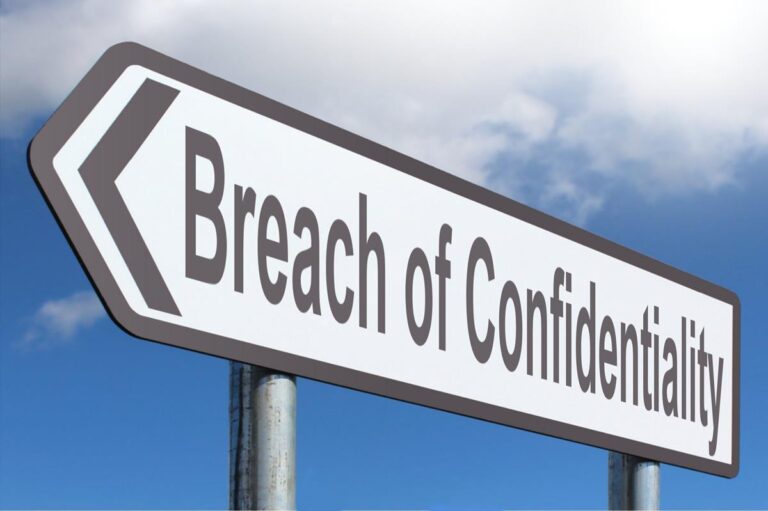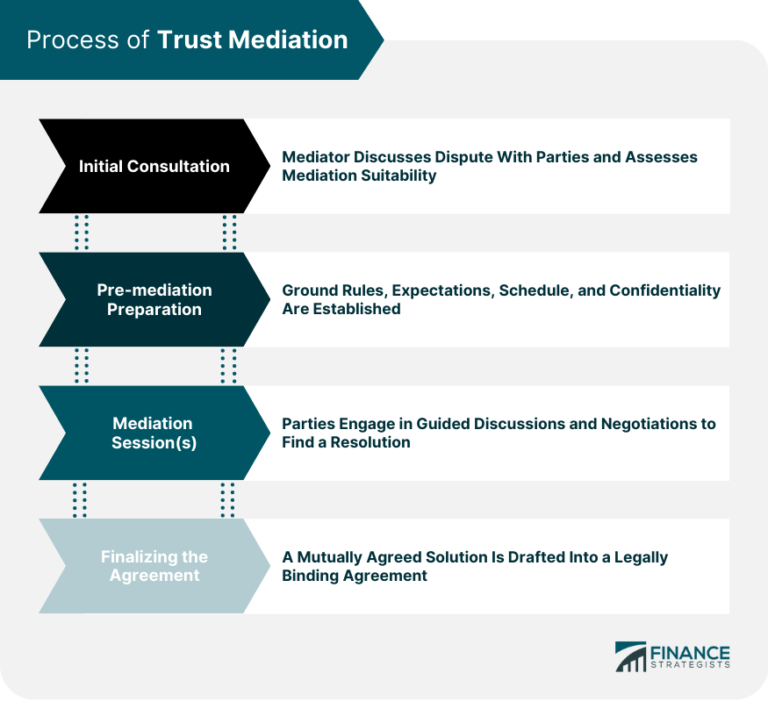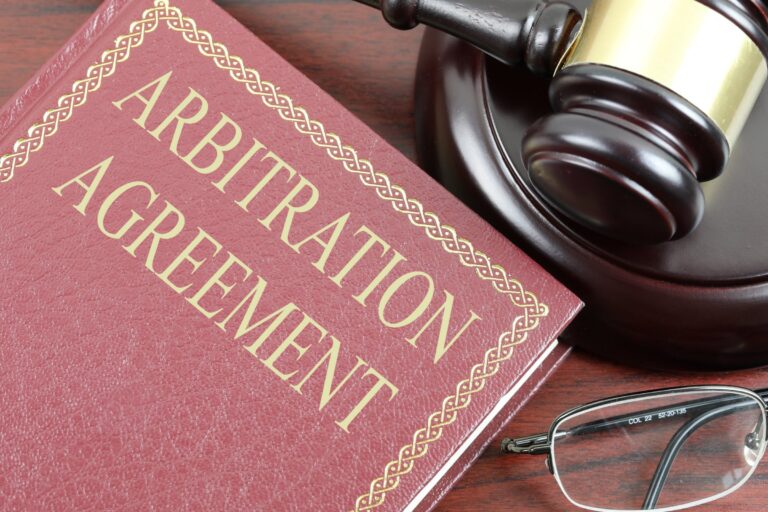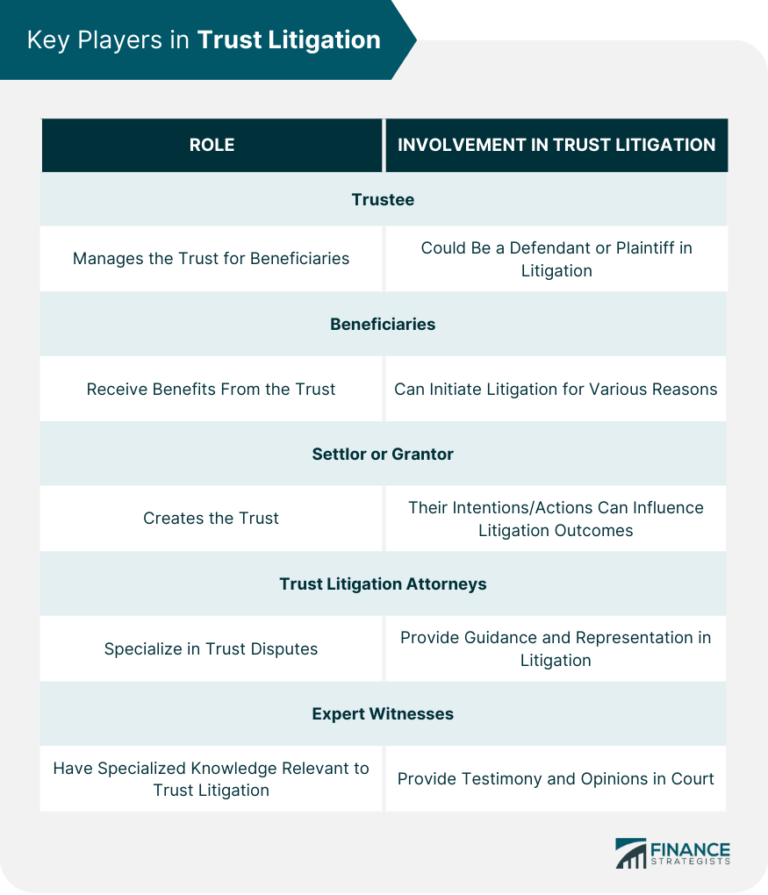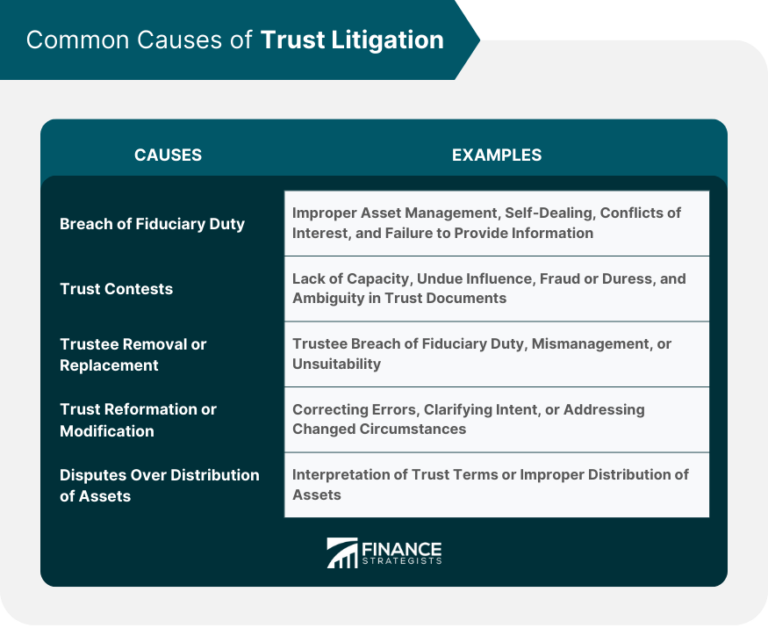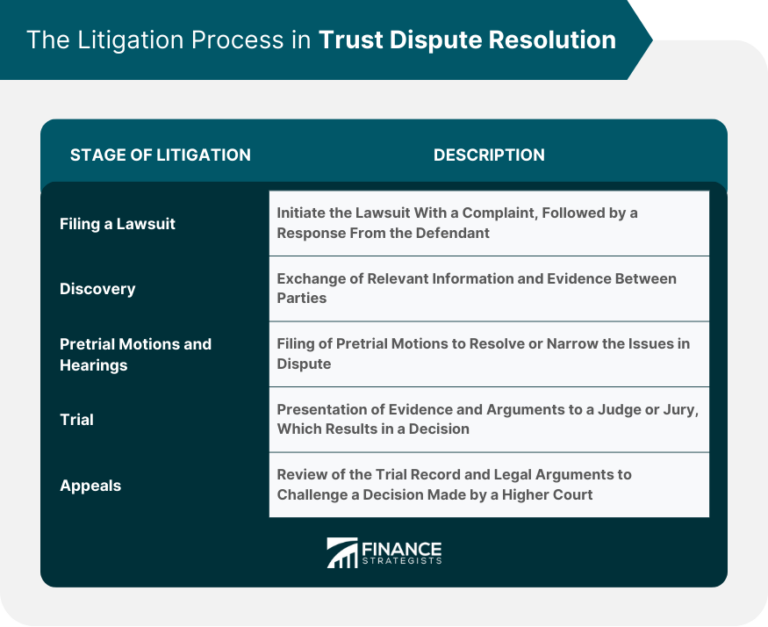Introduction
Definition of Online Dispute Resolution
Online Dispute Resolution (ODR) refers to the process of resolving disputes between parties using digital technology and the internet. It provides an alternative to traditional methods of dispute resolution, such as litigation or arbitration, by allowing parties to engage in negotiations, mediation, or arbitration online. ODR offers several advantages, including convenience, accessibility, cost-effectiveness, and efficiency. With the increasing reliance on technology in our daily lives, ODR has gained significant popularity as a means of resolving conflicts in various domains, including e-commerce, consumer disputes, and international disputes.
Importance of Online Dispute Resolution
Online Dispute Resolution (ODR) has become increasingly important in today’s digital age. With the rise of e-commerce and online transactions, disputes are bound to arise. ODR provides a convenient and efficient way to resolve these disputes without the need for traditional court proceedings. It allows parties to engage in mediation or arbitration processes online, saving time and money. Moreover, ODR offers a neutral platform for dispute resolution, ensuring fairness and impartiality. By embracing ODR, businesses and individuals can benefit from faster, cost-effective, and accessible dispute resolution, ultimately enhancing trust and confidence in online transactions.
History of Online Dispute Resolution
The history of Online Dispute Resolution (ODR) can be traced back to the late 1990s when the internet started gaining popularity. As more and more people began using the internet for various purposes, including business transactions, the need for an efficient and effective method of resolving disputes online became evident. ODR emerged as a solution to this challenge, offering a convenient and accessible way for parties to resolve their conflicts without the need for costly and time-consuming court proceedings. Over the years, ODR has evolved and advanced, incorporating various technologies and techniques to enhance the dispute resolution process. Today, ODR is widely recognized and utilized in various industries and sectors, providing individuals and businesses with a reliable and efficient alternative to traditional dispute resolution methods.
Advantages of Online Dispute Resolution

Convenience and Accessibility
Convenience and accessibility are two key advantages of online dispute resolution. With the rise of technology, individuals can now resolve their disputes from the comfort of their own homes or offices. This eliminates the need for parties to physically attend court hearings or meetings, saving them time and money. Additionally, online dispute resolution platforms are available 24/7, allowing parties to access them at their convenience. This flexibility ensures that disputes can be resolved in a timely manner, without the need for scheduling conflicts or delays. Overall, the convenience and accessibility offered by online dispute resolution make it a highly attractive option for individuals seeking efficient and cost-effective resolution of their disputes.
Cost-effectiveness
Online dispute resolution offers significant cost-effectiveness compared to traditional dispute resolution methods. With online platforms, parties involved in a dispute can save on travel expenses, accommodation, and other related costs. Additionally, the use of technology eliminates the need for physical documentation and reduces administrative expenses. Moreover, online dispute resolution allows for faster resolution of disputes, which translates into lower legal fees and overall costs. Overall, the cost-effectiveness of online dispute resolution makes it an attractive option for individuals and businesses seeking efficient and affordable resolution of their disputes.
Time-saving
Online dispute resolution offers numerous advantages, one of which is its time-saving nature. Traditional dispute resolution methods often involve lengthy and complex legal processes, requiring parties to appear in court and follow strict timelines. In contrast, online dispute resolution allows parties to resolve their conflicts conveniently and efficiently from the comfort of their own homes or offices. Through the use of technology, disputes can be mediated, negotiated, or arbitrated online, eliminating the need for time-consuming travel and reducing the overall time spent on resolving the dispute. This not only saves valuable time for all parties involved but also expedites the resolution process, leading to quicker and more efficient outcomes.
Increased Participation

Overcoming geographical barriers
Online Dispute Resolution (ODR) has emerged as an effective solution for overcoming geographical barriers in resolving disputes. With the advancement of technology, parties involved in a dispute no longer need to be physically present in the same location to seek resolution. ODR platforms provide a convenient and accessible way for individuals and businesses to engage in dispute resolution processes, regardless of their geographical location. This not only saves time and money but also promotes inclusivity, as it allows parties from different parts of the world to participate in resolving their disputes. Moreover, ODR offers the advantage of flexibility, as the process can be conducted at a time and place convenient for all parties involved. By overcoming geographical barriers, ODR has revolutionized the way disputes are resolved, making it a valuable tool in the modern era of global connectivity.
Enhanced access to justice
Enhanced access to justice is one of the key advantages of online dispute resolution. By eliminating the need for physical presence in a courtroom, online dispute resolution provides a convenient and accessible platform for individuals to resolve their disputes. This is particularly beneficial for those who may have limited mobility or live in remote areas, as they can participate in the dispute resolution process from the comfort of their own homes. Additionally, online dispute resolution reduces the costs associated with traditional litigation, making justice more affordable and accessible to a wider range of individuals. Overall, the enhanced access to justice offered by online dispute resolution is a significant step towards creating a more inclusive and equitable legal system.
Empowering individuals
Online dispute resolution (ODR) is revolutionizing the way individuals resolve conflicts and disputes. By providing a convenient and accessible platform, ODR empowers individuals to take control of their own disputes, offering them an alternative to traditional legal processes. Through online platforms, individuals can engage in mediation, negotiation, and arbitration from the comfort of their own homes, eliminating the need for costly and time-consuming court appearances. This not only saves individuals valuable time and money, but also promotes a sense of empowerment and autonomy. ODR allows individuals to actively participate in the resolution process, giving them a voice and ensuring that their concerns are heard and addressed. By empowering individuals, ODR is transforming the way we approach conflict resolution, making it more efficient, inclusive, and user-friendly.
Impartiality and Neutrality

Reduced bias
Reduced bias is one of the key advantages of online dispute resolution. Unlike traditional dispute resolution methods, which often involve face-to-face interactions, online platforms provide a neutral and impartial environment for resolving conflicts. This eliminates the potential for biases based on factors such as appearance, social status, or personal connections. By removing these biases, online dispute resolution promotes fairness and equal treatment for all parties involved. Furthermore, the use of technology and algorithms in online dispute resolution systems ensures that decisions are based on objective criteria, rather than subjective judgments. Overall, the reduction of bias in online dispute resolution enhances the credibility and integrity of the process, leading to more equitable outcomes.
Impartial decision-making
Impartial decision-making is one of the key advantages of online dispute resolution. Unlike traditional dispute resolution methods where decisions are often influenced by personal biases or external pressures, online dispute resolution provides a neutral and unbiased platform for resolving conflicts. Through the use of technology, parties involved in a dispute can present their arguments and evidence in a structured manner, allowing a fair assessment of the situation. This ensures that decisions are based solely on the merits of the case, leading to more objective and impartial outcomes. Furthermore, online dispute resolution platforms often employ qualified and experienced mediators or arbitrators who are trained to make impartial decisions, further enhancing the fairness and credibility of the process. Overall, impartial decision-making in online dispute resolution contributes to the effectiveness and trustworthiness of the system, making it a preferred choice for resolving conflicts in today’s digital age.
Equal treatment
Equal treatment is one of the key advantages of online dispute resolution. Unlike traditional methods of dispute resolution, which can be biased or favor one party over the other, online dispute resolution ensures that all parties are treated equally. The use of technology and automated processes helps to eliminate any potential bias or discrimination, allowing for a fair and impartial resolution of disputes. This equal treatment not only promotes trust and confidence in the online dispute resolution process but also ensures that all parties have an equal opportunity to present their case and have their concerns addressed.
Confidentiality and Privacy

Secure communication
Secure communication is one of the key advantages of online dispute resolution. In traditional dispute resolution methods, parties often have to communicate face-to-face or through written correspondence, which can be time-consuming and prone to miscommunication. However, with online dispute resolution, parties can securely communicate through encrypted platforms, ensuring the confidentiality and privacy of their discussions. This not only saves time but also provides a safe and secure environment for resolving disputes, allowing parties to express their concerns and negotiate effectively without any fear of information leakage or unauthorized access.
Protection of sensitive information
Online Dispute Resolution (ODR) offers a significant advantage in the protection of sensitive information. Unlike traditional dispute resolution methods that often involve physical documents and face-to-face interactions, ODR allows parties to resolve their disputes online, ensuring that sensitive information remains confidential and secure. Through the use of secure platforms and encryption techniques, ODR platforms provide a safe environment for parties to share information, documents, and evidence without the risk of unauthorized access or disclosure. This not only enhances the privacy of the parties involved but also promotes trust and confidence in the ODR process. Furthermore, ODR platforms often have built-in privacy settings and data protection measures, ensuring compliance with relevant privacy laws and regulations. Overall, the protection of sensitive information is a key advantage of utilizing ODR, making it a preferred method for resolving disputes in today’s digital age.
Preservation of confidentiality
Preservation of confidentiality is one of the key advantages of online dispute resolution. Unlike traditional court proceedings, where parties may feel uncomfortable discussing sensitive information in a public setting, online platforms provide a secure and private environment. This ensures that confidential information shared during the dispute resolution process remains protected and only accessible to the parties involved and authorized personnel. By maintaining confidentiality, online dispute resolution promotes trust and encourages open communication, allowing parties to freely express their concerns and work towards a mutually beneficial resolution.
Efficiency and Effectiveness

Streamlined process
Online dispute resolution offers a streamlined process for resolving conflicts and disputes. Unlike traditional methods that often involve lengthy court proceedings, online dispute resolution provides a more efficient and convenient way to reach a resolution. Through the use of technology, parties can engage in virtual mediation or arbitration sessions, saving time and resources. Additionally, online platforms often provide tools and resources to help parties communicate and negotiate effectively, further enhancing the streamlined process. Overall, online dispute resolution offers numerous advantages in terms of efficiency and convenience, making it an increasingly popular choice for resolving conflicts in today’s digital age.
Faster resolution
Online dispute resolution offers faster resolution compared to traditional methods. With the use of technology, disputes can be resolved more efficiently and in a shorter amount of time. Parties involved in a dispute can communicate and exchange information online, eliminating the need for physical meetings and reducing the time spent on travel. Additionally, online platforms often provide automated processes that streamline the resolution process, ensuring that cases are handled promptly. This speedier resolution not only saves time but also allows parties to move forward and find closure more quickly.
Reduced backlog
Reduced backlog in dispute resolution is one of the key advantages of online dispute resolution. Traditional methods of resolving disputes, such as going to court or engaging in lengthy negotiations, often result in a backlog of cases that can take months or even years to resolve. However, with online dispute resolution, the process is streamlined and efficient, allowing for quicker resolution of disputes. This not only saves time and resources for all parties involved but also helps to ensure that justice is served in a timely manner. By reducing the backlog, online dispute resolution promotes a more efficient and accessible justice system.

